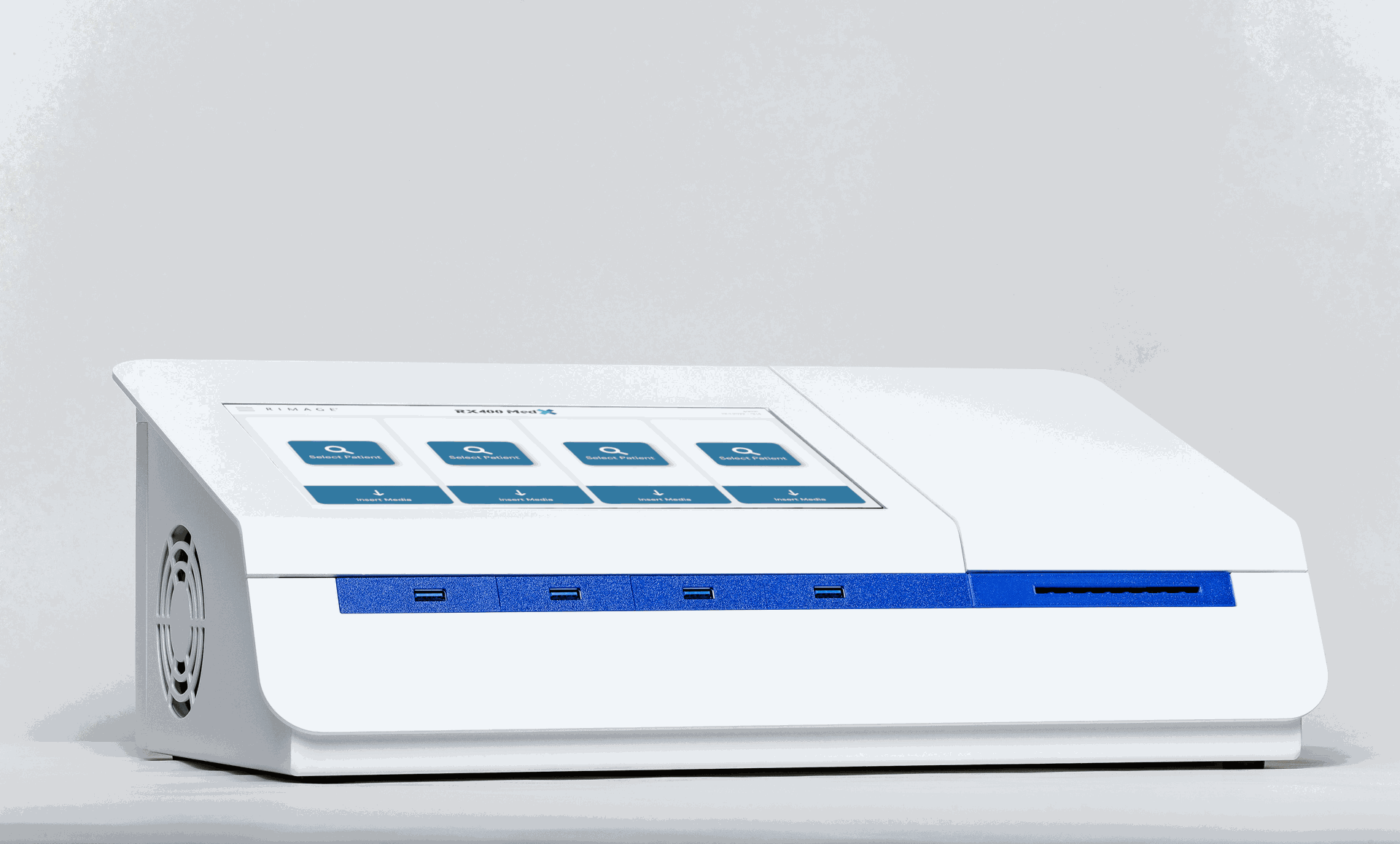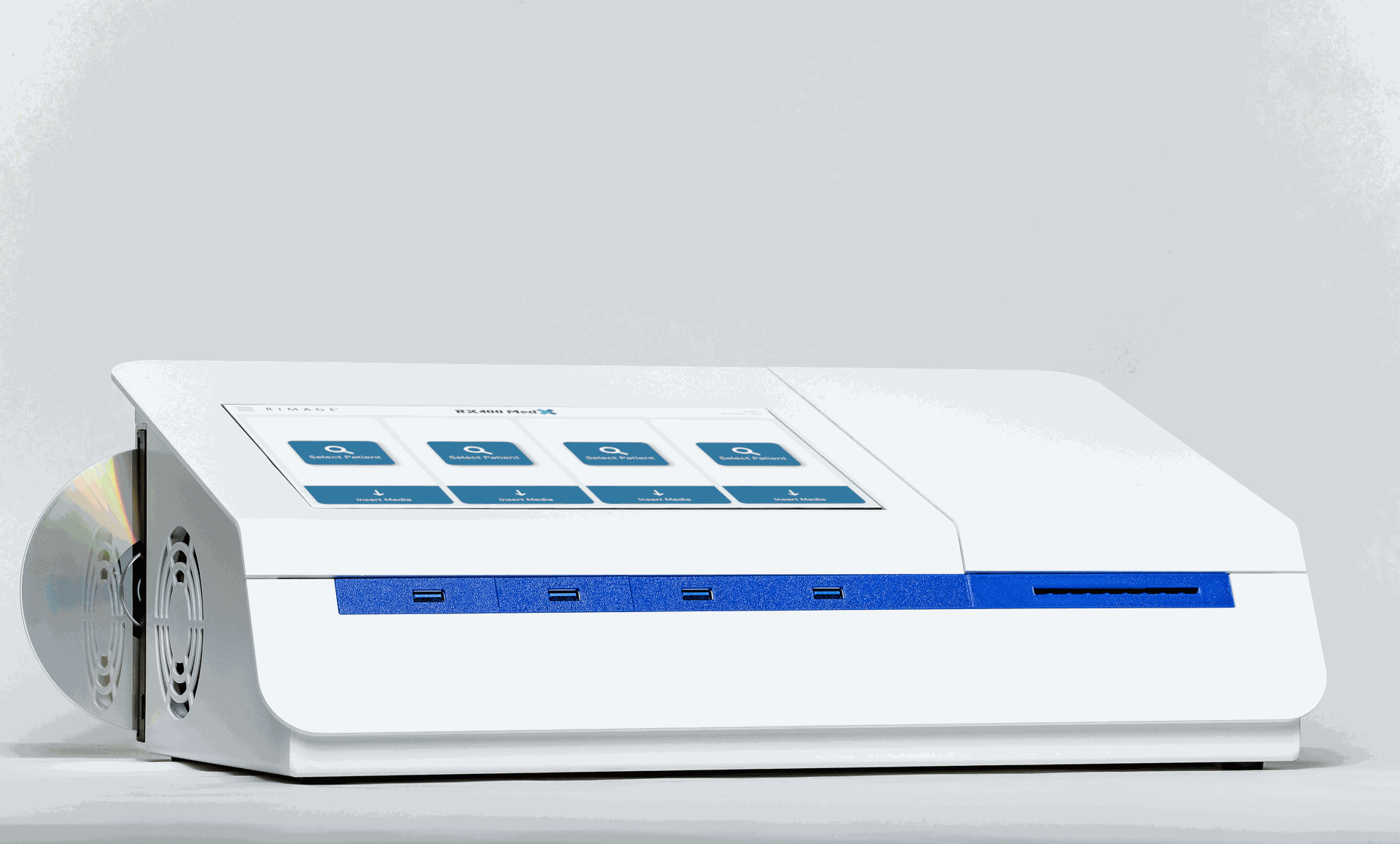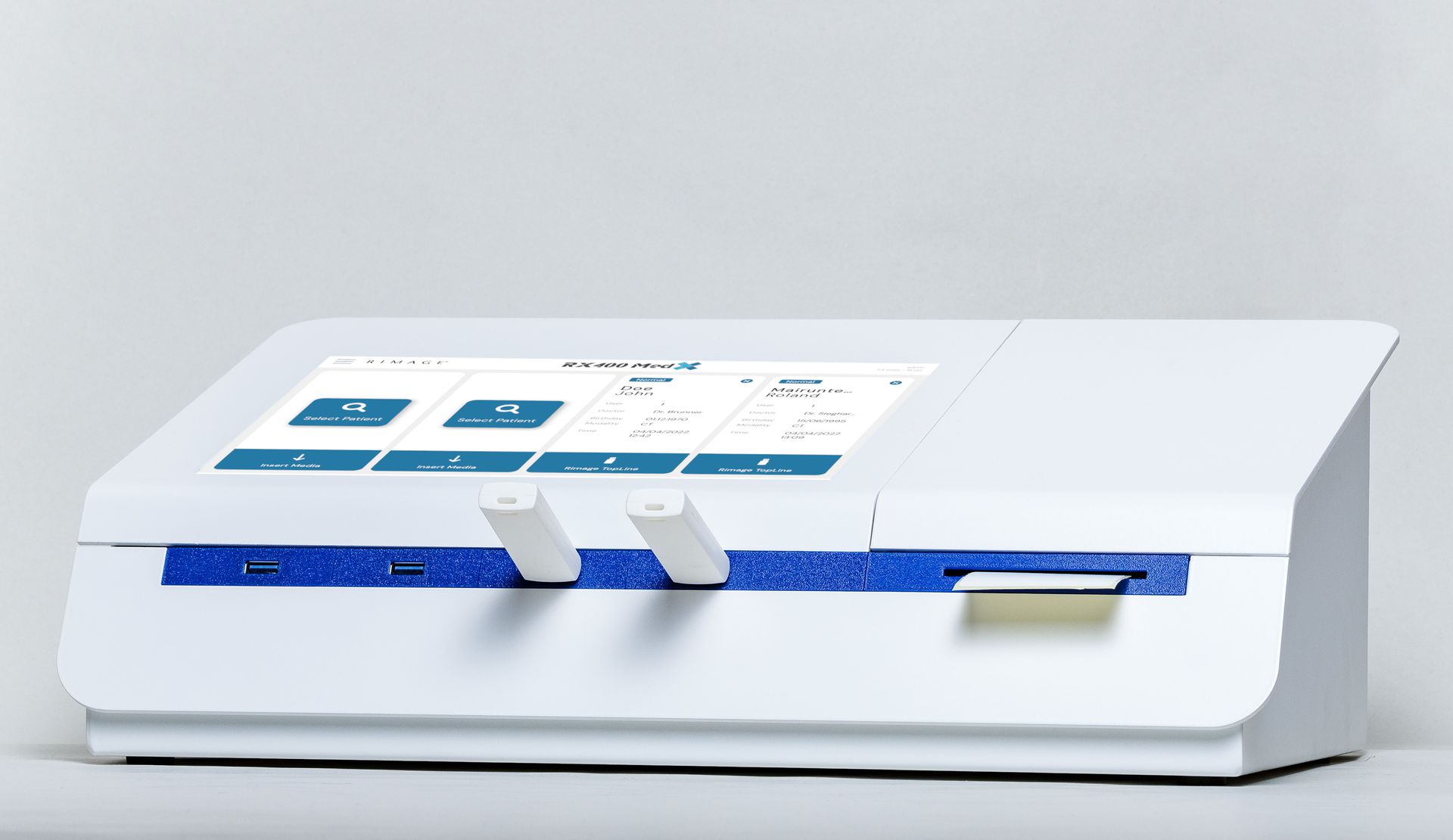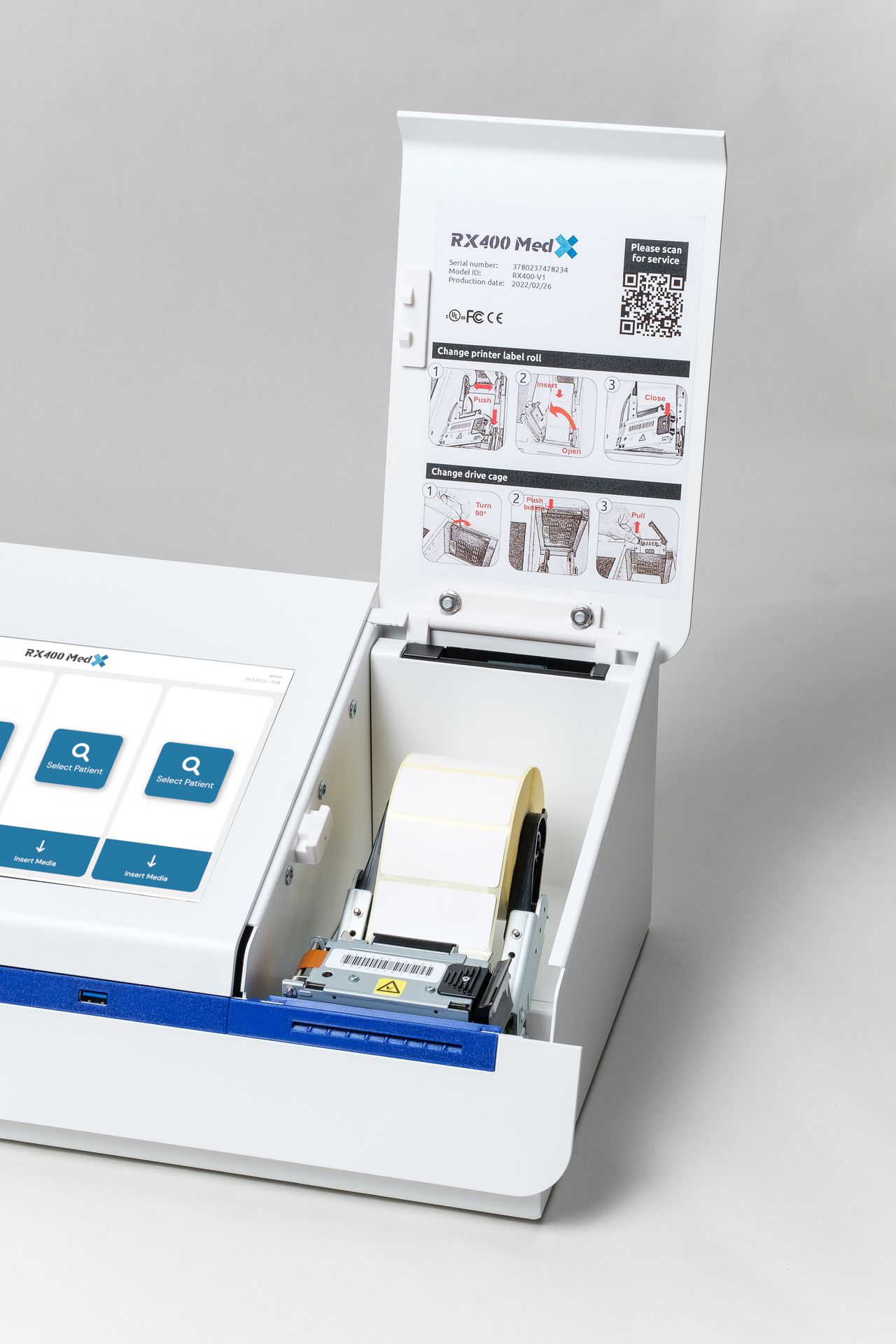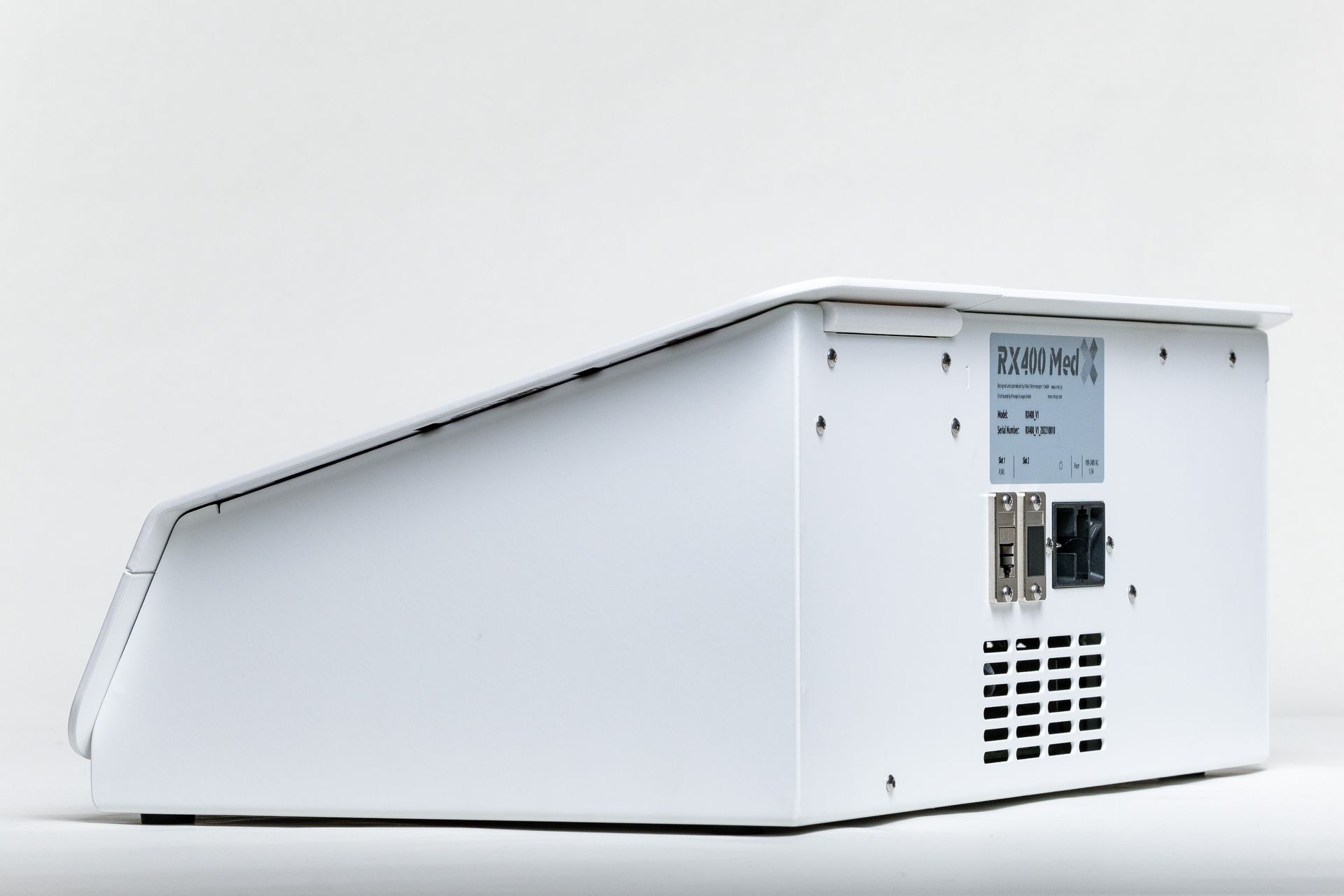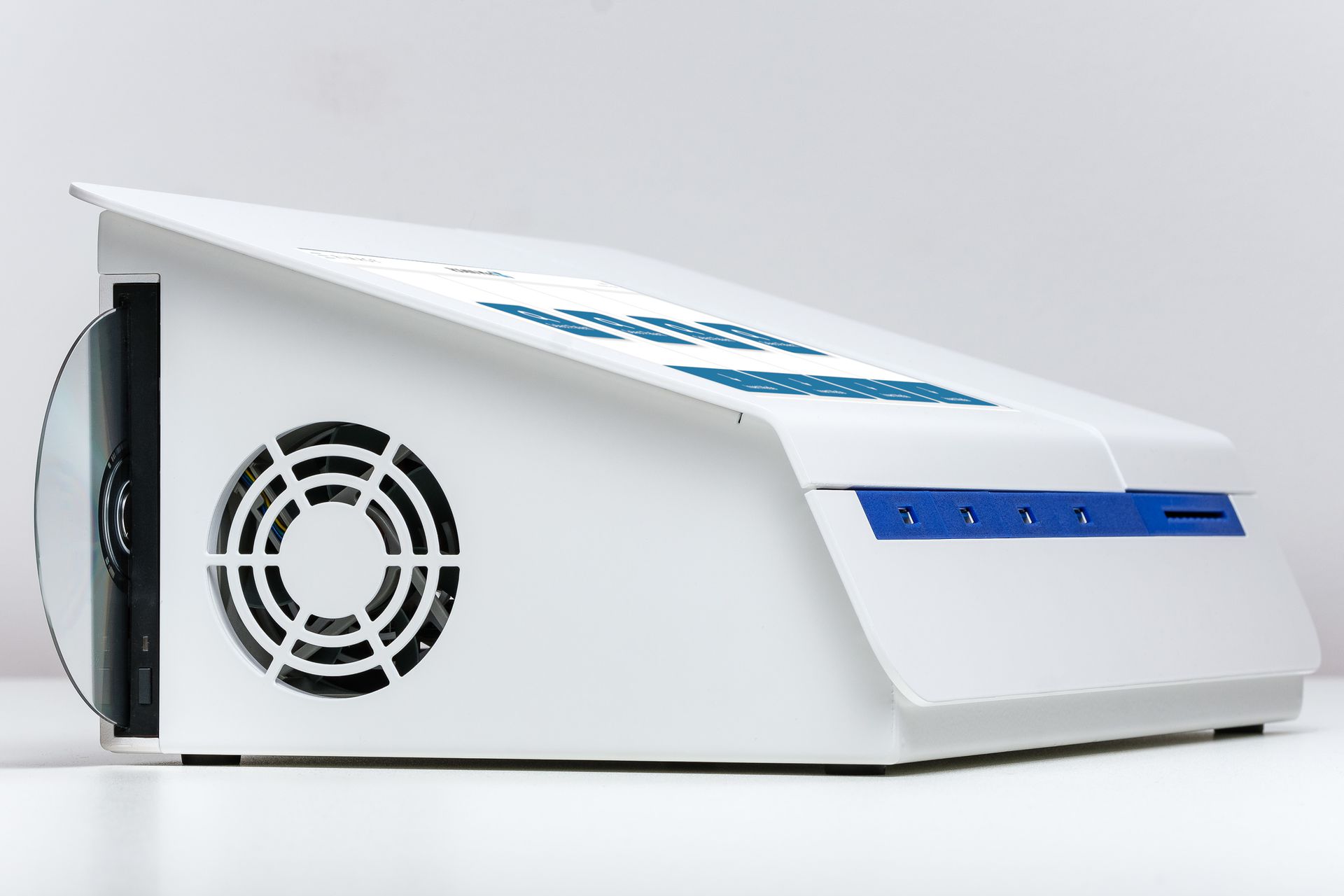Rimage RX400
USB Solution - fast, easy & secure
Taking Data Archiving
to the next Level.
- Copying large and sensitive data is taken to a new security level, taking into account the latest security standards.
- Save data with an easy drag and drop WebClient as well as a touch-screen interface.
- Stored on cutting edge, write protected Rimage USB-stick that provides you even more features and highest data transfer speeds and capacities.
- The Rimage RX400 even supports SATA SSD drives via optional external Docking station.
- The compact RX400 is easy to set up for system integrators, resellers and end customers.
Product Types
Functionality
The RX400 is a compact, fully integrated, Linux based desktop device including integrated computer, 4 front USB ports, label printer, touch screen and can be configured with an internal DVD drive to securely import data from CD/DVD into your network.
Combined
with a state of the art WebClient, the system can be easily integrated
into your existing workflows - just like a regular printer. USB-sticks
are produced as easy as simply as from our Rimage Optical Systems, with
the advantages of much higher write/read speeds and high storage
capacity up to 4 TB.
As secure as disc, Rimage USB-sticks are
automatically write-protected when delivered, so it can be used safely,
without risk of a computer virus. The integrated Thermal printer creates
the label as soon as the data has been written and the finished USB
stick is unplugged.
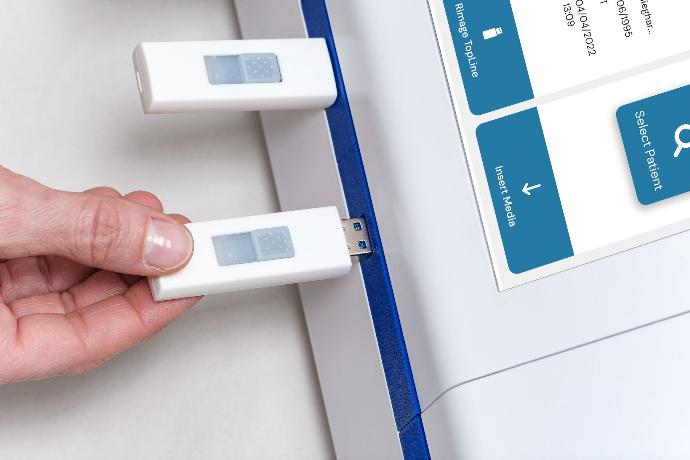
Advantages,
compared to common technologies
The Rimage RX400 is a useful addition to the two established solutions.
- Offers enough capacity even for large files and data collections (currently up to 4TB per Stick / 16TB SSD)
- Files can be written and opened quickly
- Customers have all the documents on a compact and easy-to-use medium.
- Permanent usage of the USB Stick as new data can be added multiple times
- Enhanced security features using dedicated Rimage USB-sticks
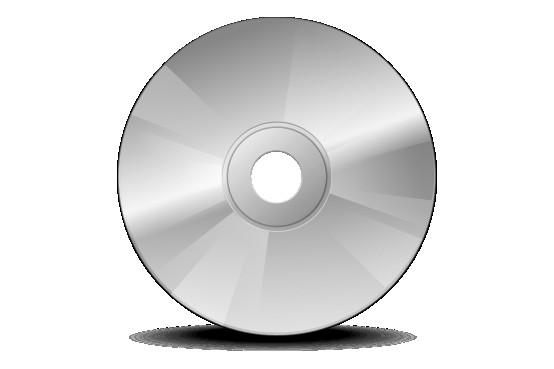
Optical Media has been established for many years, but now has some disadvantages.
- Limited storage space
- Current PCs often do not have a CD drive anymore
- Opening data is relatively slow
- A new disc is needed if a new file needs to be added

Portals are currently on the rise, but also have disadvantages.
- Data is usually only available “online”
- Transfer-speeds vary based on network availability
- Older systems/ machinery don‘t always have the ability to access cloud data
- Hackers may access / steal confidential data
- Insecure data transfer
- Server shutdown can cause temporary access problems
- File sizes can get too big to push efficiently through portals
- Ultimate expense of ‘cold-storage‘ is unknown
